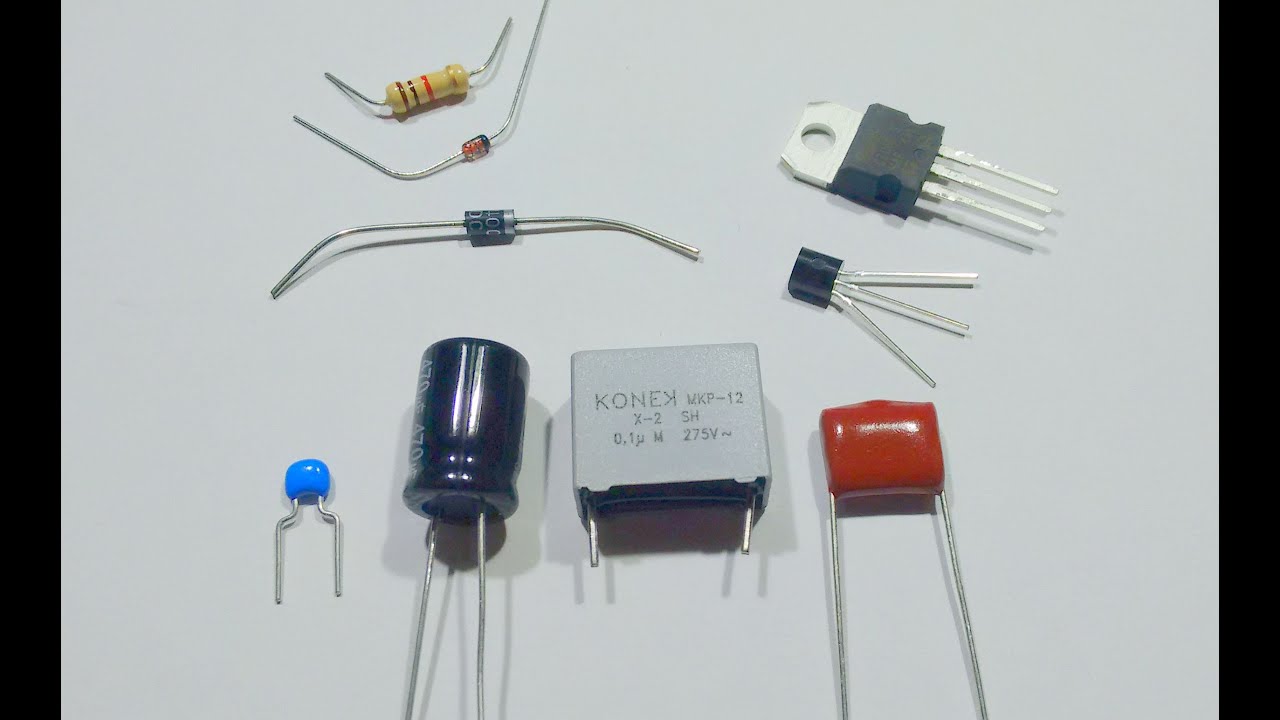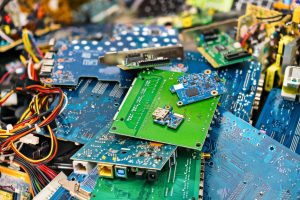In the realm of technology, the distinction between electrical and electronic devices often sparks debates among experts. The question, Is a computer electrical or electronic? is one such topic that has been subject to numerous discussions. This article aims to delve into this question, exploring the intricate relationship between electricity and electronics in the context of computers.
The first point to consider is the fundamental difference between electrical and electronic devices. Electrical devices are those that use electricity to perform their function, such as a light bulb or an electric heater. On the other hand, electronic devices not only use electricity but also manipulate the electrical current in some way to achieve their function. This manipulation is typically done through the use of semiconductors, which control the flow of electricity.
Computers, in their most basic form, are machines that process information. They do this by manipulating electrical signals in complex ways, which is achieved through the use of electronic components such as transistors, diodes, and integrated circuits. These components control the flow of electricity, allowing the computer to perform calculations, store information, and communicate with other devices.
However, it's important to note that while the core functionality of a computer is electronic, it also relies heavily on electrical components. The power supply unit (PSU), for example, is a critical electrical component that converts the AC power from the outlet into the DC power that the computer's components need to operate. Without the PSU, the computer would not be able to function.
In essence, a computer is a hybrid device that combines both electrical and electronic components. The electrical components provide the power needed for the computer to operate, while the electronic components manipulate that power to perform the complex tasks that we associate with computing.
The evolution of computers from purely electrical devices to the electronic powerhouses that they are today is a testament to the advancements in technology over the past century. As we continue to push the boundaries of what computers can do, we can expect to see even more integration of electrical and electronic components.
In conclusion, while it's tempting to categorize devices as either electrical or electronic, the reality is often more complex. Computers, with their blend of electrical and electronic components, are a perfect example of this complexity. So, the next time someone asks, Is a computer electrical or electronic? you can confidently answer, It's both.



+ There are no comments
Add yours